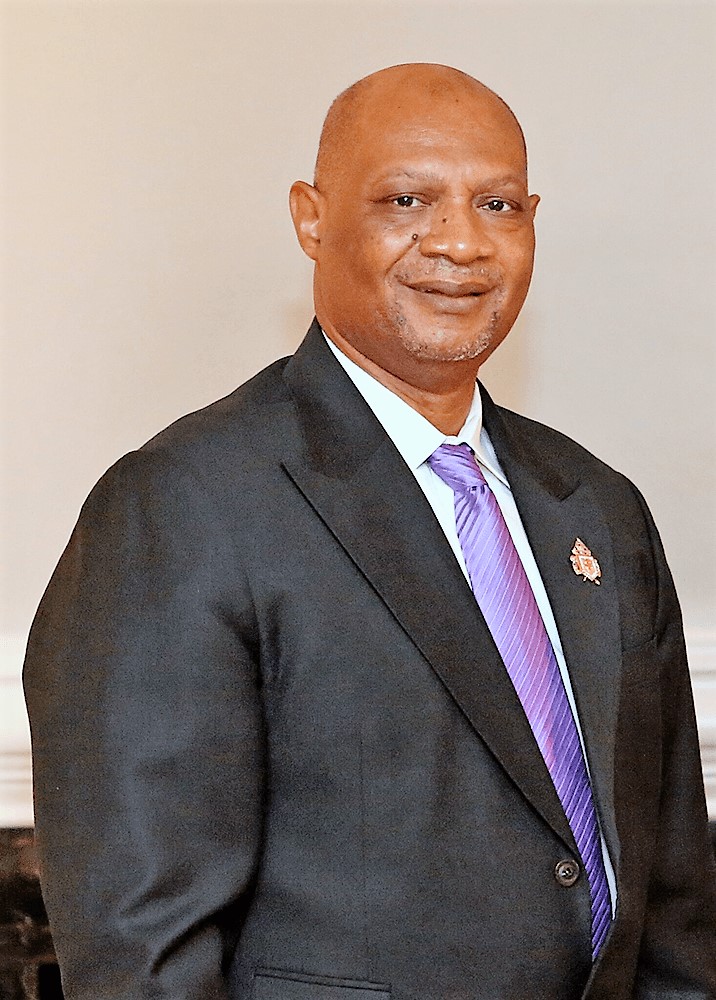By Bishop Reginald T. Jackson
Sisters and Brothers of the AME Church:
By God’s grace, we prepare to begin the 203rd year in the life of the African Methodist Episcopal Church. Founder’s Day is an opportunity for us to not only celebrate our past but also to look toward the future. For the last eight months, I have been honored to serve as the president of the Council of Bishops. It has afforded me a vantage point to see the promise and potential future of African Methodism. So much so that I still imagine the church at its best. I am optimistic about our future. In essence, I still believe we have an incredible future.
However, the future will not be incredible because we talk or dream about it. It will only happen if we plan and prepare for it. As I prepare to hand the presidency of the Council to my successor, I would like to advocate and urge African Methodists to make the following priorities and commitments as we move toward the 2020 General Conference.
First, I urge the General Conference to formally and officially make church growth or saving souls our number one priority. African Methodism has some problems but I prefer to call them opportunities. The root or cause of these problems, however, is that the church is not growing. This is because church growth or saving souls is not our first priority. It is not even a close second.
Church growth, or saving souls, must be a deliberate and intentional decision. In other words, we must decide we are going to grow. If saving souls is not the priority of the bishops of the church, it will not be a priority at any other level of the church.
Second, I urge the General Conference to pass a budget that projects and believes in an incredible future. The connectional budget has not been increased in 16 years. This situation does not facilitate a plan for an incredible future. Rather, it is about downsizing and trying to maintain or survive. Already, there are those advocating for a “flat budget.” Can you name a product or project where the cost has not changed in 16-20 years?
Serious attention should be paid in the budgeting process for our future. Expenditures should be reviewed for opportunities to shift resources. Questions should be asked as to new foci needed to be funded, e.g., a position or department for social justices, engagement, or faith and order, something that does not yet exist in our Black communion. Intentional resources might also be directed toward making sure our brand is aggressively marketed in the media. This requires designated effort and resources.
The problem with our budget is not that it is too high. The problem is that our church is not growing in a manner to fully fund it. Today, we have fewer people paying what more people used to pay. For example, a church that used to have 100 or 200 members, now only has 50. The majority of our churches pay five to seven percent of what they raise for the Connectional and Episcopal district budgets. We need to investigate and attract additional income sources to bridge the gap from what our local churches used to do.
Third, I believe we must take action to sustain and enhance our schools. None of our schools will survive on a long-term basis if we continue with our present system. We haven’t increased spending on our schools in over 16 years. One of our schools is unaccredited and another is in jeopardy of losing accreditation. We cannot continue to be in denial about the future of our schools. For more than three quadrennials, we have talked about an “AME University System” and it is long past time for us to act on it. The Commission on Colleges, Universities, and Seminaries will be having a conference with all of our institutions and stakeholders this spring to present a plan and hopefully propose legislation for the General Conference.
Fourth, the church needs to address the need for organizational changes. Again, we have been talking about this since the 1980 General Conference. This does not mean a presiding bishop or one person should run the church. The AME Church is presently operating in the 21st century, with a 19th-century structure. We cannot continue to work this way.
I believe the AME Church can have an incredible future. However, we must plan and prepare for it. As we celebrate our Founder’s Day, let us thank God for our “extraordinary history” and by faith and action, seek “African Methodism’s incredible future.”





